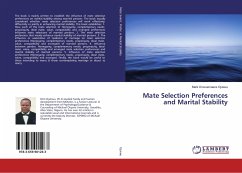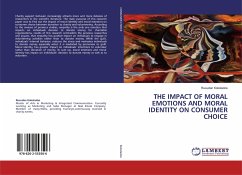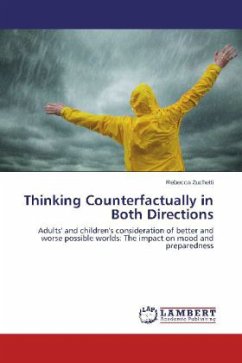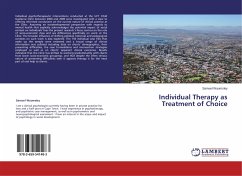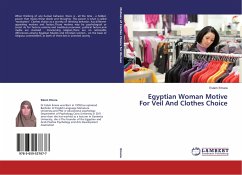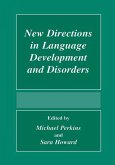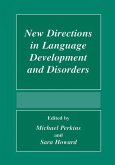Mate choice copying is the most studied type of nonindependent mate choice, i.e. female choice that is influenced by the choices of other females. In copying, the probability of a male being chosen increases if he has previously been chosen by other females and decreases if he has been rejected. This work critically reviews the literature and concludes that from an evolutionary perspective copying is ill-suited to relatively monogamous species like humans, proposing instead a process where females are primarily influenced not by a male s success at securing mates but by the quality of his mates. Although sometimes described as copying, this type of nonindependent mate choice is characterized by distinct evolutionary dynamics and leads to different testable predictions. The term mate quality bias is suggested as an appropriate term for this phenomenon. In addition to an experimental video study, this work reports the first direct non-experimental study of nonindependent mate choice in humans, involving the administration of a novel questionnaire to a large undergraduate sample. The results provide strong support for human nonindependent mate choice being an empirical reality.
Bitte wählen Sie Ihr Anliegen aus.
Rechnungen
Retourenschein anfordern
Bestellstatus
Storno


